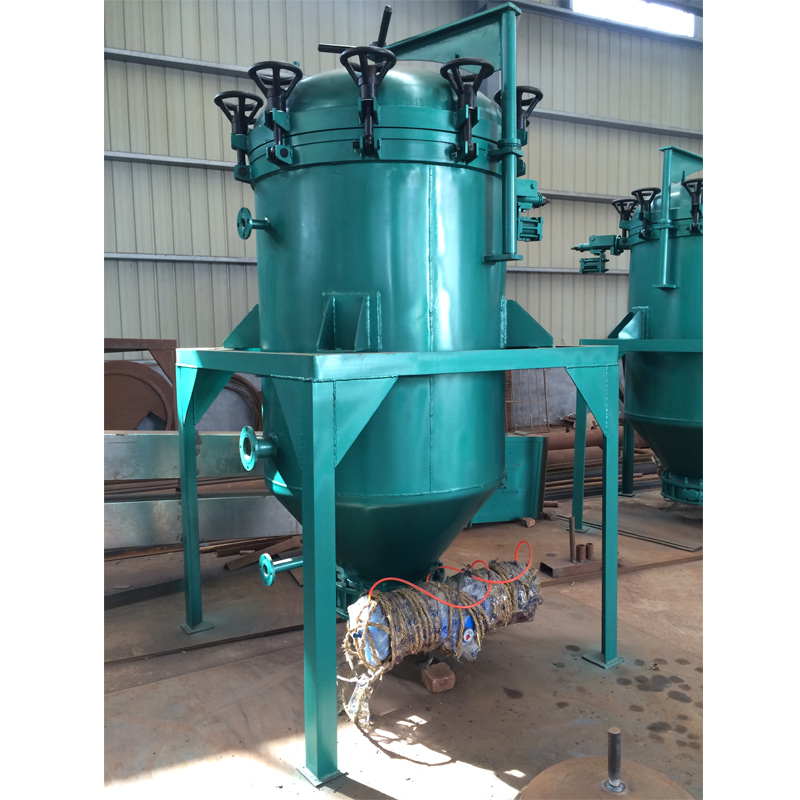Dec . 13, 2024 22:39 Back to list
peanut oil refined machine products
The Advancements in Peanut Oil Refining Machinery
In recent years, the demand for peanut oil has significantly increased due to its health benefits and versatility in culinary applications. As a result, the machinery used for refining peanut oil has evolved tremendously, enabling producers to meet the growing market needs efficiently. This article delves into the key developments in peanut oil refining machines, highlighting their importance, the refining process, and the future prospects of this industry.
Understanding Peanut Oil Refining
Peanut oil, derived from the seeds of the peanut plant (Arachis hypogaea), is valued for its flavor, high smoke point, and nutritional profile. However, raw peanut oil can contain impurities, free fatty acids, and undesirable flavors. The refining process is crucial for removing these unwanted components, ensuring that the oil is safe for consumption and meets industry standards.
The refining process generally includes several key stages degumming, neutralization, bleaching, and deodorization. Each stage plays a vital role in enhancing the quality and stability of the oil. The machinery used in these processes has undergone advancements to maximize efficiency, reduce costs, and improve the final product's quality.
Innovations in Refining Machinery
1. Automation and Control Systems Modern peanut oil refining machines are equipped with advanced automation and control technologies. These systems allow for precise monitoring and adjustment of parameters such as temperature, pressure, and chemical concentration throughout the refining process. Automation reduces human error, enhances consistency, and improves overall productivity.
2. Energy Efficiency One significant trend in peanut oil refining machinery is the move towards energy-efficient solutions. New designs focus on minimizing energy consumption while maximizing output. This shift not only benefits manufacturers through reduced operational costs but also contributes to environmental sustainability.
peanut oil refined machine products

3. Multi-functional Equipment Manufacturers are increasingly developing multi-functional refining machines that can perform various processes in a single unit. For instance, some machines can simultaneously conduct bleaching and deodorization, thereby saving time and reducing the need for separate equipment. This innovation simplifies the production line and optimizes space in processing facilities.
4. Continuous Refining Systems Traditional batch refining methods are being replaced by continuous refining systems. These systems allow for the uninterrupted processing of peanut oil, leading to higher production rates and improved workflow. Continuous systems ensure that the oil undergoes refining processes in real-time, reducing the risk of contamination and improving overall quality control.
5. Eco-Friendly Technologies The environmental impact of oil refining has come under scrutiny, prompting manufacturers to adopt eco-friendly technologies. Innovations such as solvent extraction using natural solvents, enzyme-based refining, and using renewable energy sources are gaining traction. This shift fosters sustainability while meeting the industry's increasing regulatory standards.
The Future of Peanut Oil Refining
As global health trends continue to favor natural and plant-based oils, the peanut oil market is expected to expand. Consequently, the demand for advanced refining machinery will grow. Manufacturers that invest in research and development to implement cutting-edge technology will likely have a competitive edge.
Furthermore, collaboration between equipment manufacturers and oil producers will play a critical role in driving innovation. By sharing insights and challenges faced during the refining process, both parties can develop effective solutions that enhance oil quality and operational efficiency.
Conclusion
The progress in peanut oil refining machinery represents a significant milestone in the edible oil industry. As advancements continue to shape the refining process, manufacturers will be better equipped to meet consumer demands for high-quality, safe, and sustainable peanut oil. Ultimately, the synergy of innovative machinery and the growing trend towards healthier oils will pave the way for a prosperous future in peanut oil production and refining. With a focus on technology and sustainability, the peanut oil market is poised for further growth, contributing to both the economy and the health of consumers worldwide.
-
Oil Processing Equipment - High-Efficiency Flaking Machine
NewsJul.25,2025
-
High-Efficiency Peanut Oil Refined Machine for Quality Oil Production Leading Exporters & Companies
NewsJul.08,2025
-
High Efficiency Sunflower Seed Oil Press – Leading Cooking Oil Press Machine Factories & Suppliers
NewsJul.08,2025
-
High-Efficiency Soybean Oil Press Machine – Leading Exporters & Reliable Companies
NewsJul.07,2025
-
High-Efficiency Seed to Oil Extractor – Reliable Extraction Machinery for Your Business
NewsJul.07,2025
-
High-Quality Pressing Screw of Oil Expeller for Efficient Oil Extraction Leading Exporters & Manufacturers
NewsJul.06,2025
